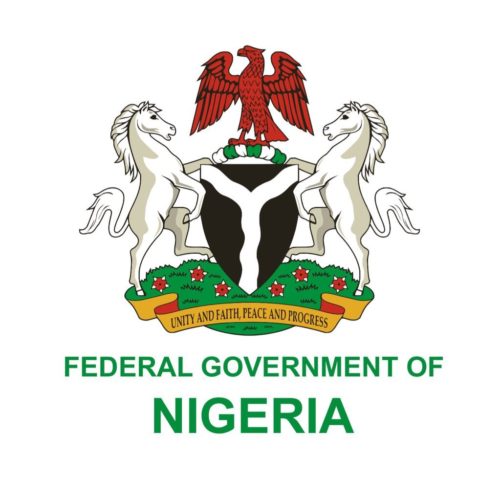The Federal Government of Nigeria hopes to generate at least N483.73bn in three years from the Electronic Money Transfer Levy (EMTL).
This projection revealed by the Budget Office of the Federation in its 2023 – 2025 Medium Term Expenditure Framework and Fiscal Strategy Paper.
The EMTL was introduced in the Finance Act 2020, which amended the Stamp Duty Act to tap into the growth of electronic funds transfers in the country.
It is a single, one-off charge of N50 on electronic receipt or transfer of money deposited in any deposit money bank or financial institution on any type of account on sums of N10,000 and above.
Revenue derived from the EMTL is shared among the three tiers of government.
According to the budget office, which is under the Ministry of Finance, Budget and National Planning, the nation intends to make at least N137.03bn in 2023, N157.59bn in 2024, and N189.11bn from EMTL.
The office further revealed that the government made N111.84bn from the levy in 2021. Since the outset of the pandemic, e-payment transactions have soared because of mass adoption, improved broadband coverage, and increased stability of payment gateways.
Data from the Nigeria Inter-Bank Settlement System portal reveal that the total value of electronic transactions in the four months of 2022 (N117.33tn) is already higher than the total amount of transactions in 2019 (N108.42tn).








